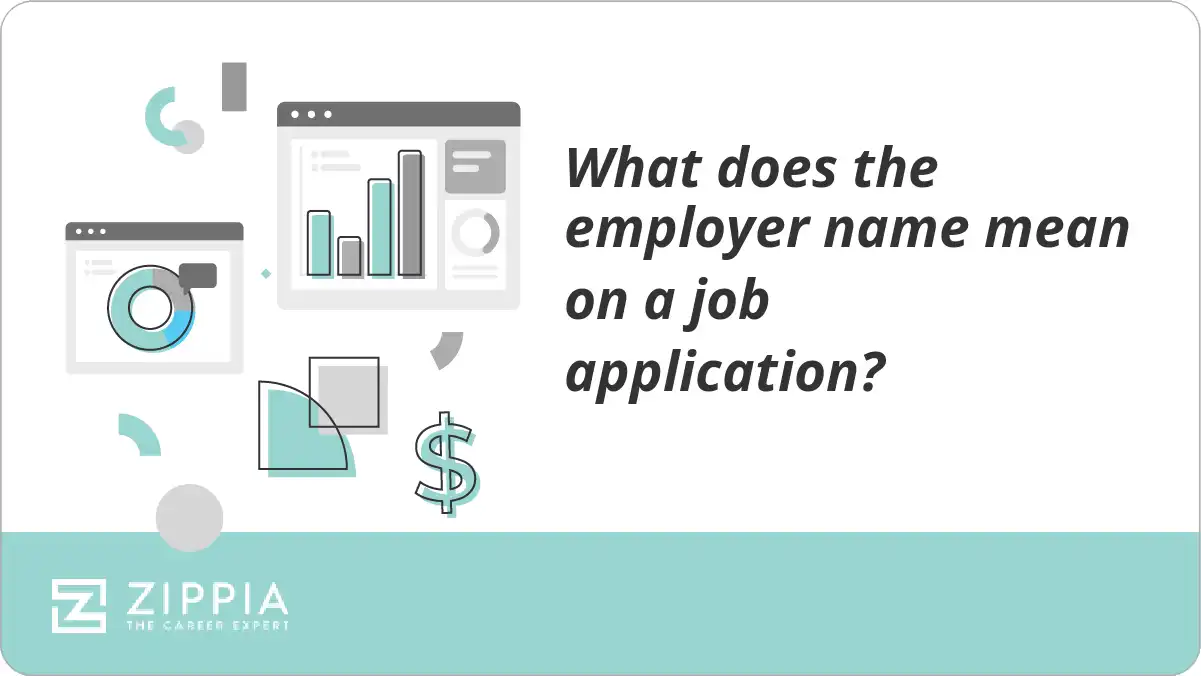The “Employer Name” field on a job application seems straightforward, doesn’t it? However, beneath its veneer of simplicity lies a crucial nexus of information that extends far beyond mere identification. It’s the initial point of contact between you and an organization, and understanding its significance can significantly impact your job search strategy.
At its most basic, the Employer Name identifies the entity to which you are applying for a position. This is the legally recognized title of the company, corporation, or institution. Accuracy here is paramount. Typos or misspellings, even minor ones, can create a negative impression, suggesting a lack of attention to detail. Verify the name meticulously, cross-referencing it with the company’s official website or other authoritative sources. Think of it as setting the stage for a professional and conscientious interaction.
Delving deeper, the Employer Name serves as a portal to understanding the organization’s structure and hierarchy. Large conglomerates often operate under a parent company umbrella with numerous subsidiaries or divisions. The specific Employer Name listed on the application indicates which particular unit within the larger organization you are targeting. For instance, applying to “General Motors” versus “Chevrolet” – a division of General Motors – directs your application to different internal recruitment processes and potentially different sets of hiring managers. A nuanced understanding of these corporate architectures is invaluable.
Moreover, the Employer Name can provide clues about the company’s culture and values. Consider the difference between a company called “Innovative Solutions Inc.” versus “The Acme Corporation.” The former suggests a focus on cutting-edge technology and a forward-thinking approach, while the latter evokes a more established, traditional image. While this is merely suggestive, the Employer Name contributes to the overall branding and perception of the organization. It’s a micro-signal that, when combined with other information, can paint a more complete picture.
Furthermore, the Employer Name is critical for your own record-keeping. During a job search, it’s easy to lose track of the positions you’ve applied for. Maintaining a detailed record of Employer Names, along with application dates and job titles, allows you to effectively manage your applications and follow up appropriately. This meticulous tracking helps avoid the faux pas of inadvertently applying for the same position twice or contacting the wrong company during follow-up. Think of it as building a personal “applicant tracking system” to optimize your search.
The nuances extend to understanding the subtleties of recruitment practices. Sometimes, particularly with temporary agencies or staffing firms, the Employer Name listed on the application may not be the same as the company where you will be physically working. In these cases, the agency is acting as a conduit, and it’s crucial to clarify the exact nature of the employment relationship. Understanding whether you’re an employee of the agency, a contractor, or a direct employee of the client company impacts your benefits, taxes, and legal protections. Clarity upfront is essential.
Beyond the functional aspects, the Employer Name also carries a psychological weight. It represents the potential for opportunity, growth, and professional fulfillment. When you write the Employer Name on an application, you’re implicitly expressing your interest in joining that particular organization and contributing to its mission. It’s a declaration of intent, a symbolic step towards a potential new chapter in your career. This intrinsic motivation can be a powerful driver in your job search.
Finally, consider the role of Employer Name in background checks and verification processes. Employers routinely verify the information provided on job applications, including previous employment history. Accurate and consistent Employer Names are essential for a smooth and efficient verification process. Discrepancies or inconsistencies can raise red flags and potentially jeopardize your chances of being hired. Ensuring the accuracy of this seemingly simple field is a critical step in maintaining your professional credibility.
In conclusion, the seemingly innocuous “Employer Name” field on a job application possesses a multifaceted significance. It’s not merely a label but a key that unlocks deeper understanding of the organization, its structure, and its culture. Diligence in accurately recording and understanding this information can significantly enhance your job search strategy, improve your chances of success, and pave the way for a more informed and fulfilling career path. It demands a level of scrutiny that extends far beyond simple rote memorization; it requires a holistic appreciation for the intricate web of connections that defines the employer-employee relationship.









Leave a Comment